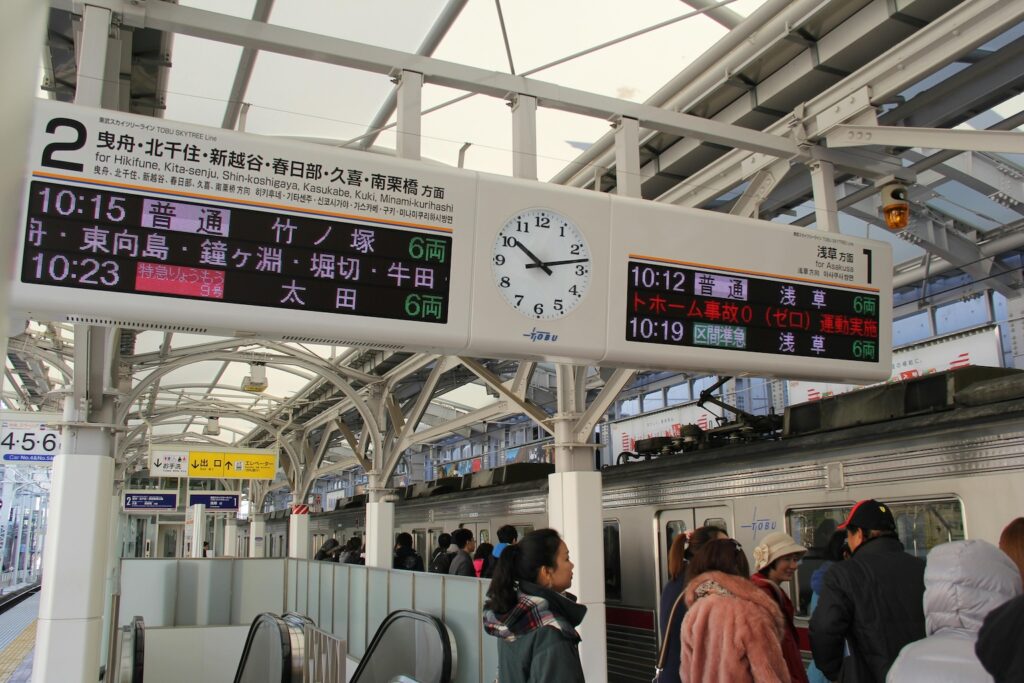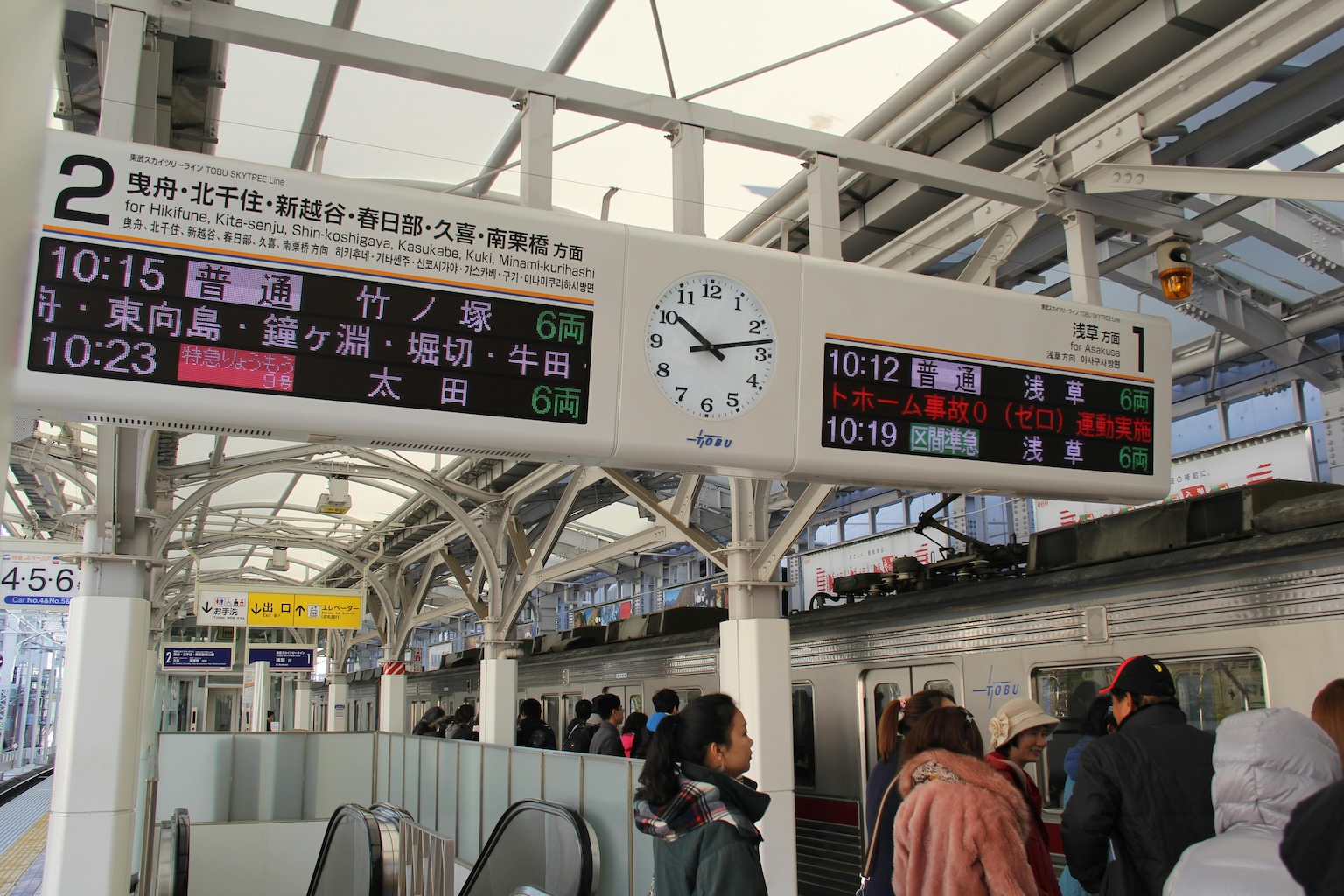The Necessity of Being On Time
All cultures have their own, idiosyncratic societal norms. The unwritten rules enabling a civil and collaborative society. Above all else, the Japanese are polite and considerate to others. As a people, they collectively place the convenience of others above their own. No where is that more noticeable than Japan’s relationship with the clock.
Punctuality isn’t just a habit, it’s a requirement. To the Japanese, few things are more disrespectful than someone who is late—someone who didn’t have the common courtesy to consider the value of another person’s time. This concept is embedded across the entire structure of Japan and extends to train and bus schedules and even restaurant reservations.
If a train is more than a minute late, the engineer comes on the intercom, apologizing for the inconvenience. If they are more than a handful of minutes late, the train company produces time-stamped receipts for every rider, apologizing for the delay. These receipts are used by employees to show their employers the tardiness was utterly unavoidable.
The western concept of “fashionably late” translates to “unbelievably inconsiderate” in Japan. If you find yourself late for a meeting, the Japanese waiting will likely be smiling, and say “no problem.” But it really is a problem. You’ve shown yourself to be rude, selfish and inconsiderate. One action resulting in three strikes.
The key take away is: when you’re in Japan, don’t be late. If you can’t help being late, then call, text, LINE, or otherwise let the affected party know. It really is that important.

